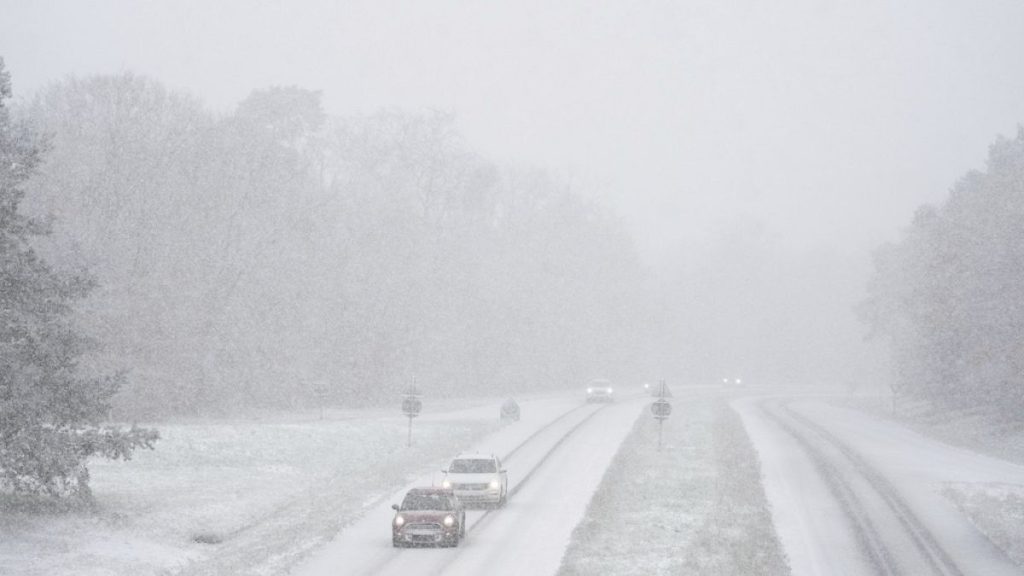The European Commission maintains a steadfast position on the security of its gas supply despite a significant drop in reserves following the cessation of Russian gas transit through Ukraine. This stoppage, coinciding with falling temperatures across much of the bloc, occurred on New Year’s Day due to the expiration of a five-year transit agreement between Russia’s Gazprom and Ukraine’s Naftogaz. While the immediate impact has been minimized due to prior efforts by the EU and individual member states to secure alternative gas sources and routes, concerns linger regarding the long-term implications for energy security.
The data reveals a substantial decline in EU gas storage levels, falling from approximately 95 billion cubic meters in early November to 75 billion cubic meters – equivalent to about a quarter of the bloc’s annual consumption since the onset of the war in Ukraine. Despite this decline, the European Commission remains confident, emphasizing that current storage levels, at around 70%, are still above the pre-war average for this time of year. This assertion contrasts with the storage levels of January 2024, where reserves stood at 85%. The Commission stresses that the current withdrawals are higher compared to last year but do not pose an immediate threat to supply security.
The situation has highlighted differing perspectives among EU member states, particularly those still reliant on Russian pipeline gas. Slovakia, along with Hungary and Austria, continues to receive Russian gas, and its leadership has openly criticized Ukraine’s decision not to renew the transit contract. Slovak Prime Minister Robert Fico has argued that the non-renewal will harm the EU more than Russia. This disagreement underscores the complex political and economic considerations surrounding energy security in the region, further complicated by the ongoing conflict between Russia and Ukraine.
Slovakia’s concerns have prompted high-level discussions with European Commission officials. Prime Minister Fico and Economy Minister Denisa Saková reportedly planned to address the issue with the Commission in Brussels, although a previous meeting was allegedly canceled due to Kyiv’s refusal to participate. The European Commission, however, remains tight-lipped about these diplomatic maneuvers, neither confirming nor denying the reports. This reticence reflects the sensitivity of the situation and the Commission’s desire to project an image of stability and control amid the evolving energy landscape.
The Commission’s official stance underscores their confidence in the current gas supply situation, reiterating that there are no security of supply issues for member states. While acknowledging ongoing discussions with concerned governments and stakeholders, the Commission asserts that these conversations do not necessarily indicate concern about potential shortages. This proactive engagement aims to reassure member states and maintain a unified front regarding energy security.
Beyond the immediate concerns regarding gas supply, the European Commission emphasizes its long-term strategy to reduce dependence on Russian fossil fuels. The Commission is developing a roadmap to completely phase out Russian fossil fuels, demonstrating its commitment to a more diversified and secure energy future. This long-term vision also aligns with the EU’s broader climate goals and its efforts to transition towards renewable energy sources. The halting of gas transit through Ukraine, albeit disruptive in the short term, could accelerate this transition and strengthen the EU’s resolve to achieve energy independence from Russia. The situation with Moldova, where Russia has also cut gas supplies, adds another layer of complexity to the regional energy dynamics and underscores the geopolitical implications of energy dependence. Moldova, a candidate for EU accession, views Russia’s actions as destabilizing, further highlighting the strategic importance of secure and diversified energy sources for countries in the region.














